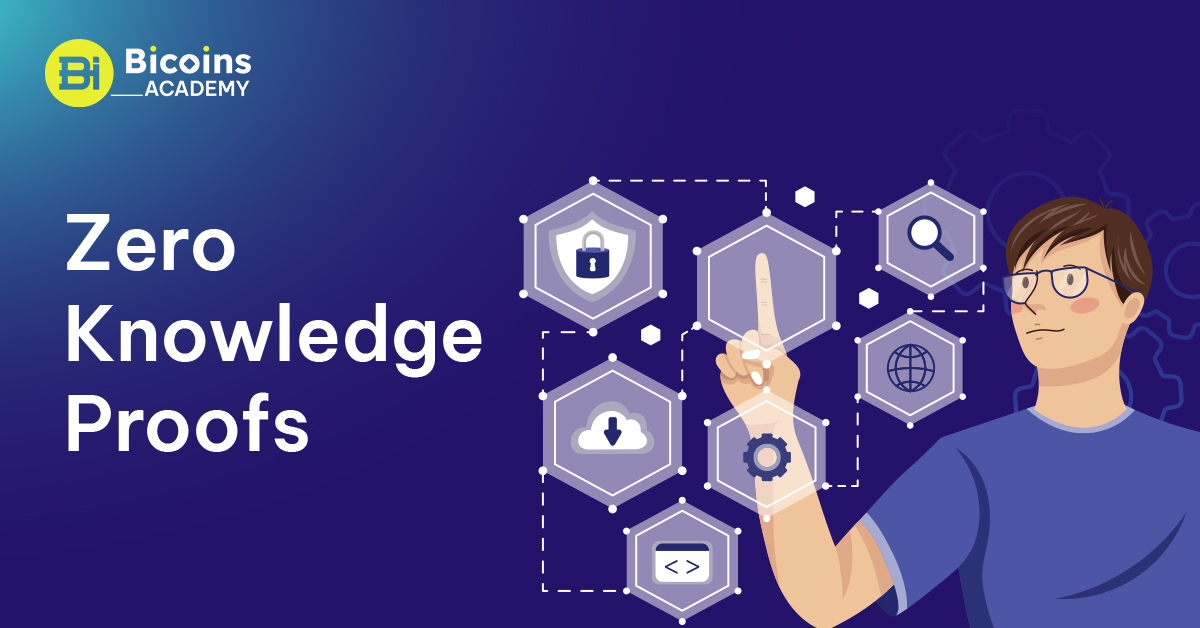Zero-Knowledge Proofs (ZKPs): A Breakthrough in Blockchain Privacy and Efficiency
In the modern era of information technology, privacy and efficiency have become paramount concerns for both individuals and businesses. This is especially true in the context of blockchain technology, which has been praised for its transparency and security. Yet, as the demand for privacy escalates, a revolutionary concept has emerged—Zero-Knowledge Proofs (ZKPs). This mechanism is not merely a theoretical framework; it has practical applications that could reshape how we think about privacy in digital transactions.
Understanding Zero-Knowledge Proofs
What Are ZKPs?
Zero-Knowledge Proofs are cryptographic protocols that allow one party, known as the prover, to prove to another party, called the verifier, that a statement is true without revealing any information beyond the validity of the statement. This characteristic makes ZKPs incredibly powerful in enhancing privacy. To better appreciate ZKPs, let’s delve into some essential terms:
- Blockchain: A distributed digital ledger that records transactions across many computers in a way that ensures the registered transactions cannot be altered retroactively.
- Smart Contracts: Self-executing contracts with the terms directly written into code, which run on the blockchain, enabling decentralized applications.
- Web3: The third generation of the internet focused on decentralized networks, enabling peer-to-peer interactions and transactions.
- NFTs (Non-Fungible Tokens): Unique digital assets verified using blockchain technology, representing ownership of a specific item or piece of content.
- IoT (Internet of Things): Refers to the interconnection of everyday devices to the internet, allowing them to send and receive data.
The Mechanics of ZKPs
At its core, a Zero-Knowledge Proof allows the prover to communicate knowledge of a secret without disclosing the secret itself. This can be likened to a scenario where you prove that you know the way through a maze without showing the actual path you took, hence keeping the details of your knowledge confidential. The implications for blockchain technology are staggering, particularly in preserving user privacy and data security.
Practical Applications of ZKPs
Enhancing Privacy in Blockchain Transactions
Blockchain’s transparency can paradoxically reduce privacy, as every transaction is publicly accessible. By integrating ZKPs, users can transact with anonymity by proving they own a certain amount of cryptocurrency without revealing their wallet addresses or transaction histories. For instance, privacy-centric cryptocurrencies like Zcash utilize ZKPs to allow users to make transactions confidentially while preserving network integrity.
Real-World Case Study: zk-SNARKs in Zcash
One of the most notable implementations of ZKPs is zk-SNARKs in Zcash, a cryptocurrency designed specifically for privacy. With zk-SNARKs, users can choose to transact privately, encrypting all transaction details while still allowing the network to validate these transactions without exposing any sensitive information. This allows for a secure yet private environment within the blockchain.
Applications in Other Sectors
Beyond cryptocurrency, ZKPs can be pivotal in various sectors:
- Financial Services: Banks can verify customer identities (KYC processes) without storing sensitive information, significantly reducing the risk of data breaches.
- Voting Systems: Ensuring the authenticity of votes while maintaining voter anonymity can greatly enhance trust in electoral processes.
- Healthcare: Patients can prove their eligibility for services without revealing their medical history, protecting sensitive health information while still allowing access to necessary services.
The Efficiency Factor
ZKPs not only enhance privacy but also boast significant potential for increasing efficiency. Combining the proof mechanisms of ZKPs with smart contracts enables more advanced and secure applications that minimize the need for trust in intermediate parties. This leads to faster transaction speeds and reduced costs associated with traditional validation processes.
Reducing the Burden on Network Resources
In typical blockchain transactions, multiple nodes must validate the entire transaction history, consuming substantial network resources and time. ZKPs allow for the validation of a transaction without revealing the transaction data itself. This leads to fewer resources being used on the blockchain, creating a more efficient network.
Conclusion: A New Era of Privacy and Efficiency in Blockchain
Zero-Knowledge Proofs are set to become a cornerstone technology in the evolving landscape of blockchain. Their potential to maintain privacy while ensuring efficiency addresses the crucial needs of confidentiality and scalability. As businesses and individuals increasingly seek solutions that respect privacy without sacrificing efficiency, ZKPs offer a credible and innovative answer.
Embracing this technology will empower not just developers and tech enthusiasts but also a wider audience—from governments ensuring secure voting, to financial institutions protecting customer data, and even ordinary users enjoying the benefits of enhanced privacy in their transactions. The incorporation of Zero-Knowledge Proofs into blockchain systems does not merely represent a breakthrough; it symbolizes a profound shift towards a more secure and private digital economy.






